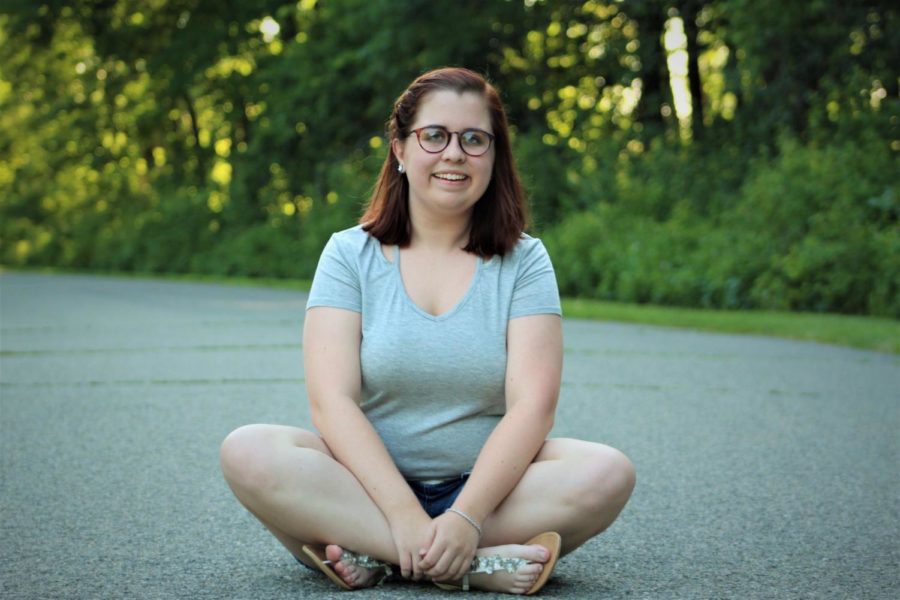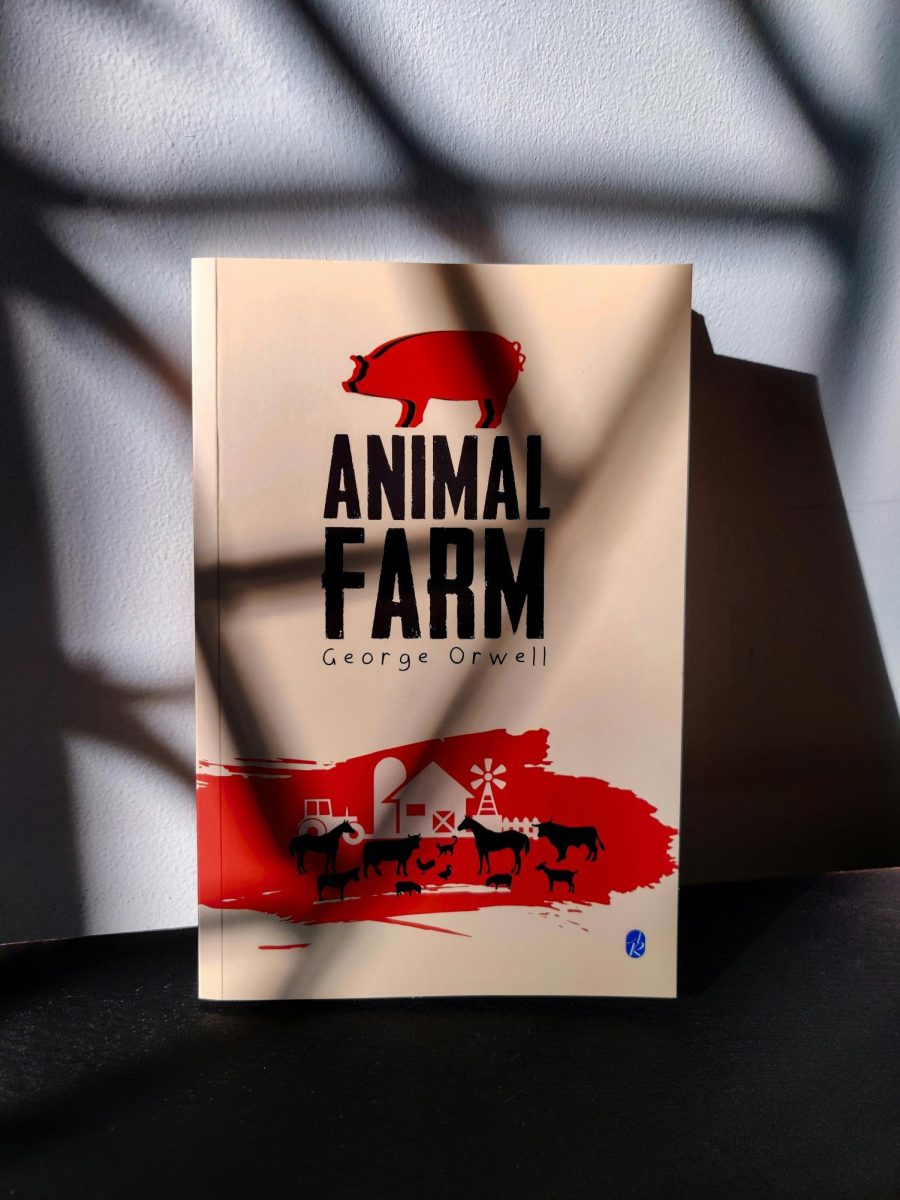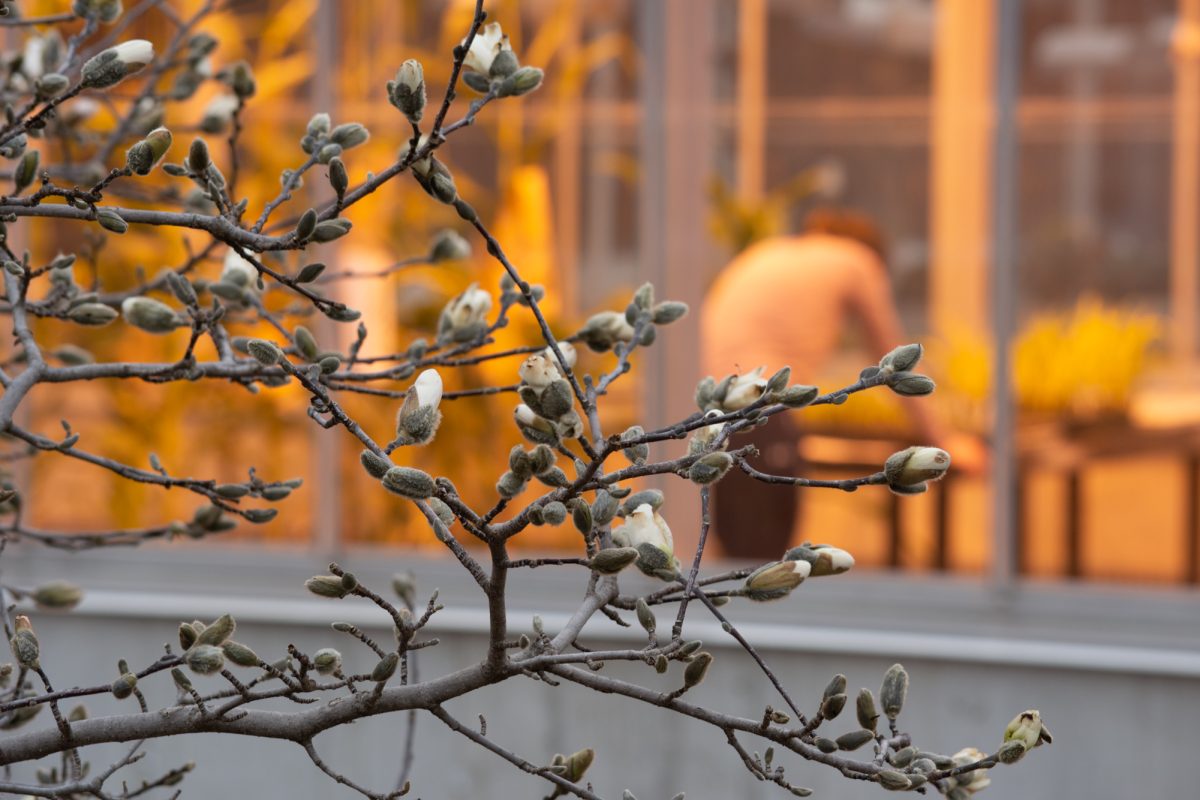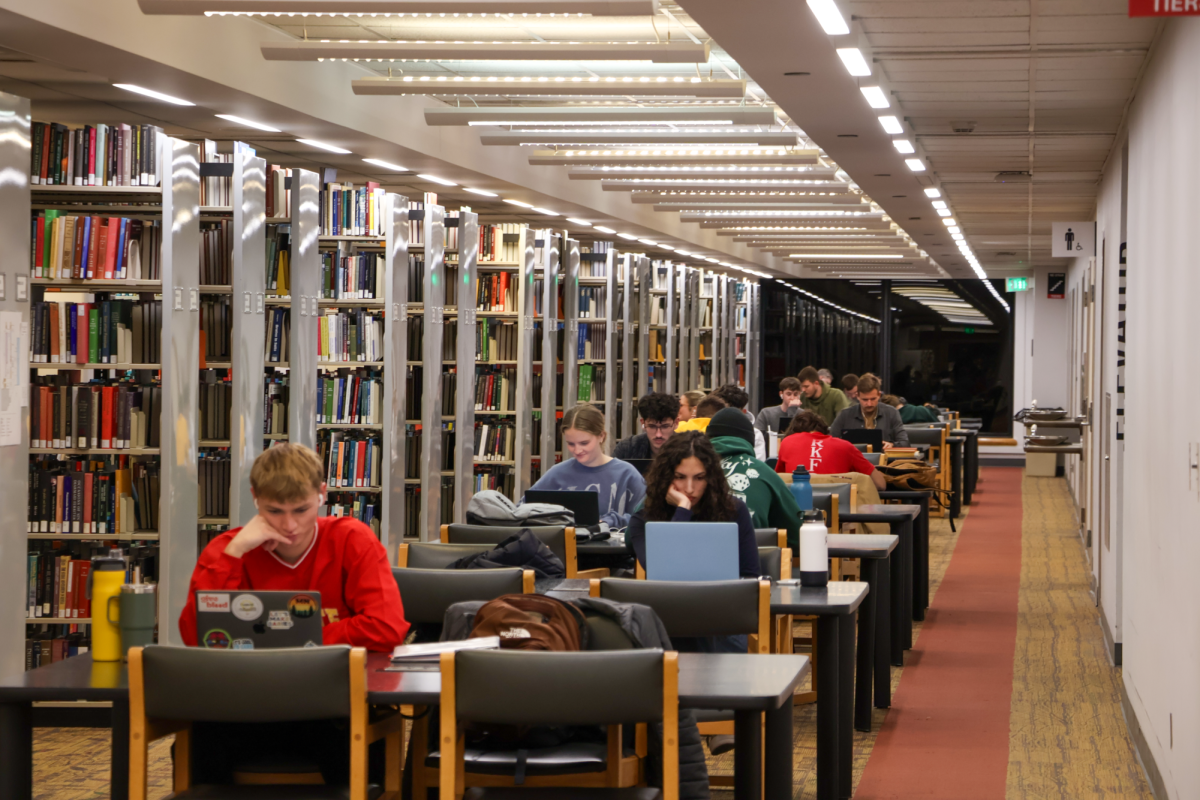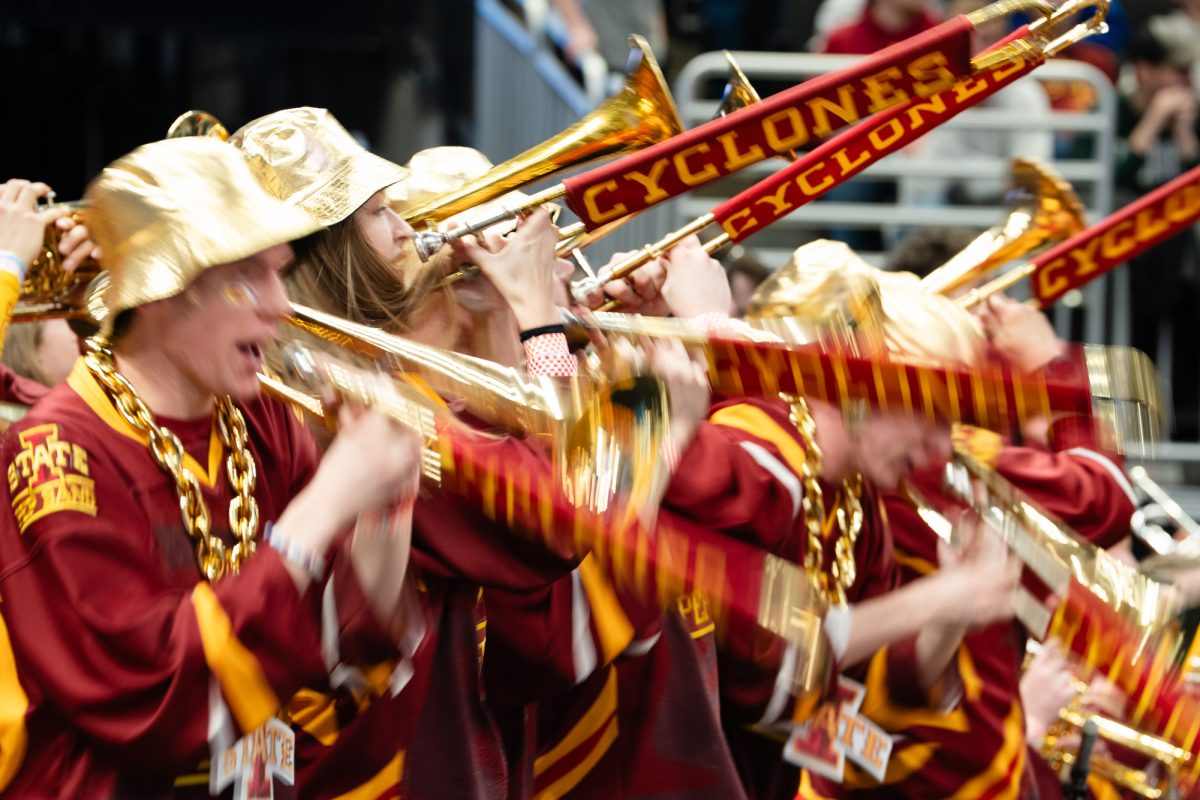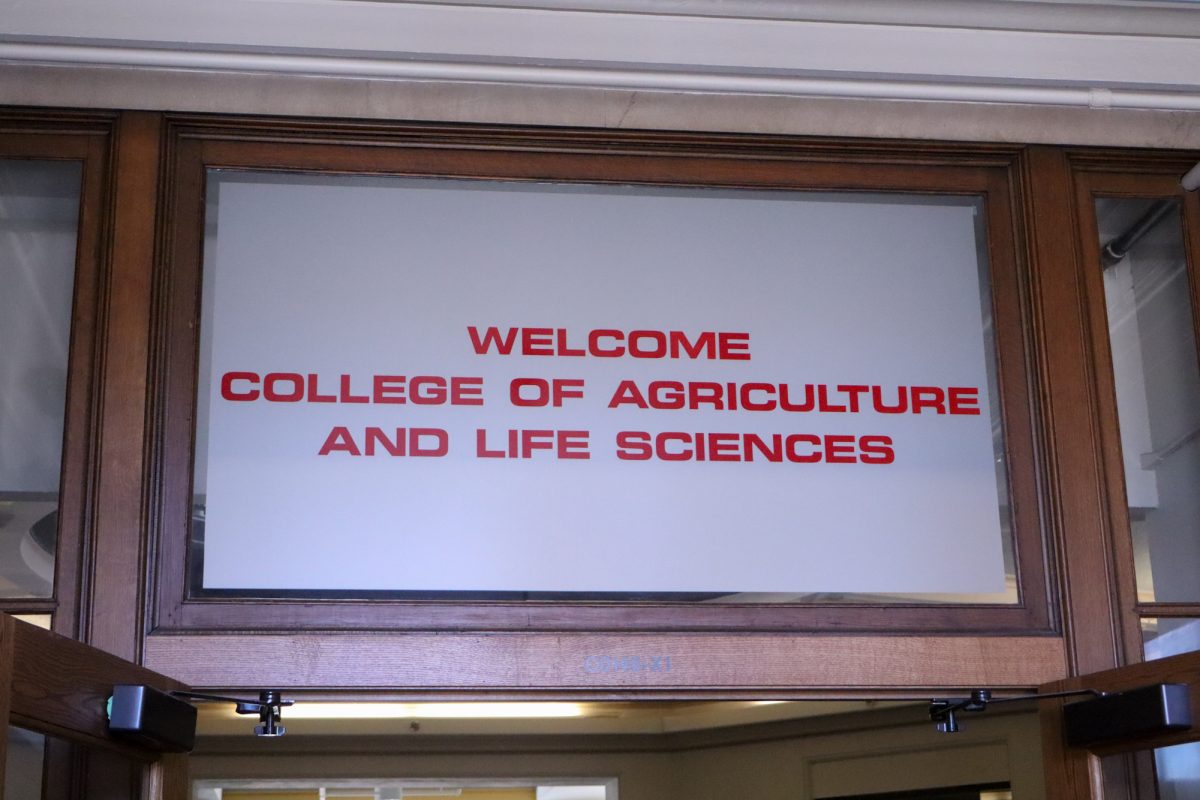LGBTQIA+ students share views on LGBTQIA+ History Month
October 1, 2019
LGBTQIA+ History Month is October which means yearly traditions of events focusing on LGBTQIA+ students at Iowa State are now in full swing. This month is a time of remembering the past and learning from it, so what do students think about this history month?
Claire Daly, a freshman in psychology:
When asked what LGBTQIA+ history month means to her, Daly talked about how she appreciates the opportunity to reflect on all the progress the LGBTQIA+ community has made to get to the point that it’s at and how there is an opportunity to acknowledge how much further we have to go.
“We still have a lot of work to do, but we’ve still made tremendous progress,” Daly said.
She said it is important to remember LGBTQIA+ history because there are more people a part of the community than one would think. Daly said many people have been out and part of the LGBTQIA+ community for decades, but others have just recently come out or are still in the closet.
“These people could be anyone you know, they could be apart of this community and just imagine what they’ve gone through,” said Daly.
Daly said she thinks that education is the biggest part of LGBTQIA+ history month and that this month is a big opportunity to educate those who don’t know much about the community’s history.
“Since our community has started to become the new norm, people who aren’t associated with it should be educated,” Daly said. “It’s better to be educated rather than ignorant.”
Nyamal Toang, a sophomore in linguistics:
“LGBQTIA+ History Month to me means that I get to learn a lot about LGBTQIA+ history that I didn’t know before because I don’t know that much at all really,” Toang said.
Toang said during the history month, she gets to see the history through the perspective of many different people, both queer and straight.
“It is important to remember our history because when we live our lives it is important to remember where we came from and how we’ve progressed from then to how we are now,” Toang said. “We need to be grateful for how we are living now and all the people who have sacrificed their time and lives for where we are today.”
Toang said if people forget the history a lot of things would be repeated and no one would learn from past mistakes and events. She said a lot would be lost.
Trinity Dearborn, a senior in women’s and gender studies:
“For me, [LGBTQIA+ History Month] is a time where visibility and representation goes up,” Dearborn said. “It’s also the time I see a lot of tokenization and flinging around people as a way to seem diverse or inclusive, without actually doing anything to back it up.”
Dearborn said they think the month is important because there is a lot of history of the LGBTQIA+ community that is never taught. They said it is usually up to the individual or passionate people to find and show that history.
“It’s our roots, it’s where we came from, even if someone doesn’t know the history, they are still affected by it,” Dearborn said. “It’s not mainstream and that’s a problem.”
Dearborn said the LGBTQIA+ community is just as much a part of society as anyone else and the history of that community has had a lot of push for it to be buried and never looked at. They said it is an act of resistance to know that history.
“Read articles, learn more about the things that interest you and try to reach out beyond what mainstream media is showing,” Dearborn said. “Learning is about furthering your own development, sometimes it doesn’t have to be for clout.”


